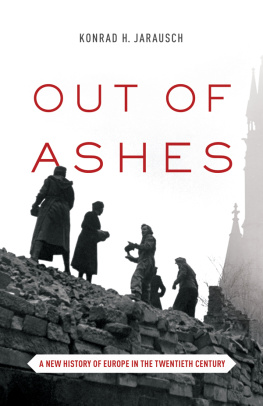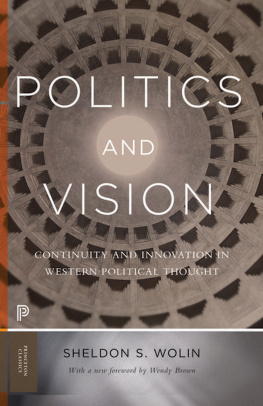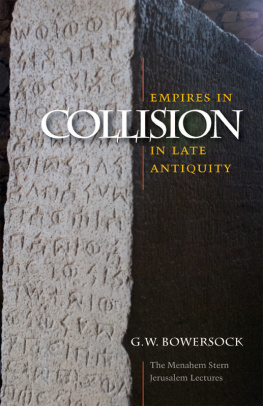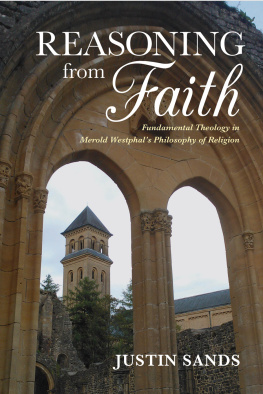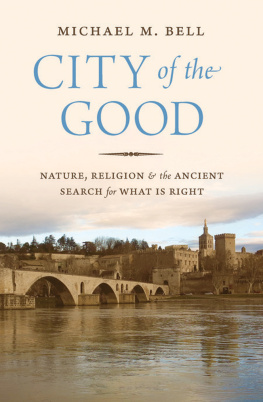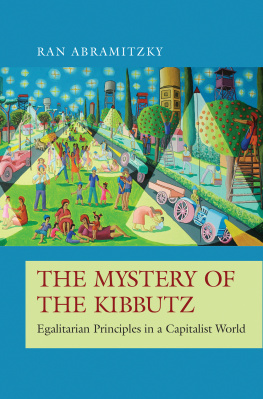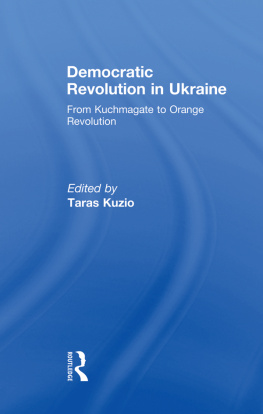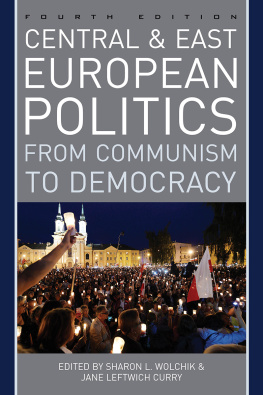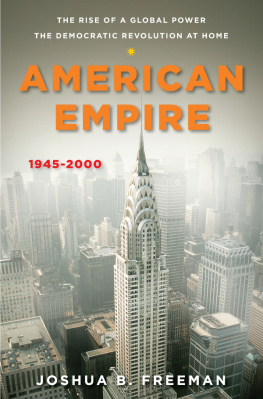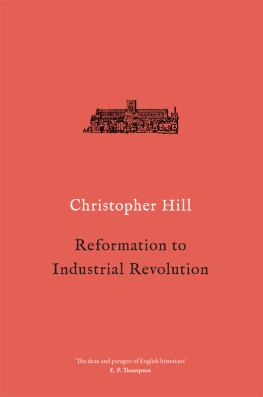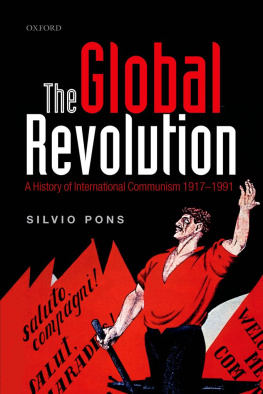
OUT OF ASHES
OUT OF ASHES
A NEW HISTORY OF EUROPE IN THE TWENTIETH CENTURY
KONRAD H. JARAUSCH
With a New Preface by the Author
Princeton University Press
Princeton and Oxford
Copyright 2015 by Princeton University Press
Published by Princeton University Press, 41 William Street,
Princeton, New Jersey 08540
In the United Kingdom: Princeton University Press,
6 Oxford Street, Woodstock, Oxfordshire OX20 1TR
press.princeton.edu
Cover photograph: Sunday volunteer workers working in the Martin Luther Platz, March 1946. Photo by William Vandivert / The LIFE Picture Collection / Getty Images.
All Rights Reserved
Third printing, and first paperback printing with a new preface by the author, 2016
Paperback ISBN: 978-0-691-17307-8
The Library of Congress has cataloged the cloth edition of this book as follows:
Jarausch, Konrad Hugo.
Out of ashes : a new history of Europe in the twentieth century / Konrad H. Jarausch.
pages cm
Includes bibliographical references and index.
ISBN 978-0-691-15279-0 (hardback : acid-free paper) 1. EuropeHistory20th century. 2. EuropePolitics and government20th century. 3. EuropeSocial
conditions20th century. 4. Social changeEuropeHistory20th century. I. Title.
D424.J37 2015
940.5dc232014031328
British Library Cataloging-in-Publication Data is available
This book has been composed in Minion Pro
Printed on acid-free paper.
Printed in the United States of America
10 9 8 7 6 5 4 3
PREFACE TO THE PAPERBACK EDITION
A fter the completion of this manuscript, a host of problems have arisen which have cast a pall on the European future. A mountain of sovereign debt has burdened the Mediterranean countries, Russian separatists have conquered the Crimea, a strong segment of the British public wants to leave the EU, millions of refugees from Islamic countries are rushing to Europe, and transatlantic relations remain in disrepair. Due to this accumulation of troubles, media headlines have predicted that Europe is about to fall apart. While it is still unclear how certain aspects of the crisis can be mastered, the issues are being addressed and some solutions are beginning to emerge. Instead of reinforcing gloom, a historical perspective suggests that Europe has overcome similar difficulties in the past.
Contrary to predictions of disaster, the sovereign debt crisis seems at least to have been stabilized by the spring of 2016. In spite of President Alexis Tsiprass threats, Greece remains in the EU, while in Italy Prime Minister Matteo Renzo has been initiating a rigorous reform program. The German-inspired mixture of austerity and European Central Bank support, which lanced the speculative bubble, has revived modest growth in places such as Ireland and Portugal. While the human cost of restoring competitiveness through a lowering of living standards has been high, none of the countries involved have defaulted thanks to European solidarity in refinancing the repayment of faulty loans. The remaining challenge is therefore to create greater fiscal policy controls in the EU and reignite expansion so as to stop adult and especially youth unemployment.
In the embattled Eastern regions of Ukraine a cease fire also appears to be generally holding, because outright annexation might create too much negative fall-out for Russia. Vladimir Putins brazen takeover of the Crimea with Russian special forces was a shock, since it violated international law and raised the specter of a new Cold War. But that conquest is not likely to be reversed, since the West does not want a Third World War and the majority of the population is ethnically Russian. Hence it is more important to work on a peaceful settlement for the disputed regions in Eastern Ukraine, granting them enough autonomy to stay in the state. Moreover, Kiev has to reform itself so as to make its government truly functional. In response, NATO strategy is being revised to reassure its Eastern members and to warn Russia not to go any further.
During another crisis summit, the EU also made a special effort to avert the threatening Brexit by offering London sufficient concessions to maintain its special role. Egged on by the Murdoch press, British nationalists, still dreaming about the grand imperial past and claiming a special relationship to the U.S., wanted to leave. But Prime Minister David Cameron had negotiated concessions on delaying welfare payments for migrants and maintaining the pound as an independent currency in order to let the country remain in the EU. Since the UK Independence Party did succeed in persuading the British to leave the EU in the referendum on June 23, 2016, a complicated withdrawal process has to be negotiated. This disappointing demonstration of nationalist passions, which trumped rational considerations, challenges the remaining countries to explain the benefits of integration better to their citizens and to make further progress on integration unfettered by British skepticism.
An even more difficult challenge is the refugee crisis, since the tidal wave of desperate migrants from the failing states of Afghanistan, Iraq, Libya, and Syria shows little sign of abating. Touching pictures of drowning boat-people in the Mediterranean or of ragged columns marching through Balkan mountains evoke humanitarian compassion. But an increasing number of European xenophobes feel threatened and seek to keep out foreigners by burning down asylum homes. Chancellor Angela Merkels vow we will manage this is beginning to fray, though thousands of volunteers are helping to take care of the newcomers. Maintaining an open door for the politically persecuted while rejecting economic migrants from safe states is becoming ever more difficult. The preservation of the Schengen travel freedom will require a combination of tougher border controls and integration support in dealing with the human catastrophe.
Finally, transatlantic relations seem to be stuck in misunderstanding with political elites drifting further apart on both shores of the Atlantic. At least on the Republican side of the U.S. presidential campaign, anti-European sentiment runs rampant as leading candidates portray the European welfare state as debilitating and un-American. At the same time, the European left is rejecting the Transatlantic Trade and Investment Partnership negotiations as making too many concessions to predator capitalism. Attacking the pollution restrictions of the Obama administration as too close to the EU stance, the utilities lobby, right-wing politicians, and conservative judges continue to reject all evidence of global warming. It will take the election of a moderate U.S. president and greater agreement between EU members to renew the transatlantic dialogue and agree on a common course.
Though confronted with serious problems, the European model of chastened modernity therefore remains the right path for meeting the challenges of the future. Shocking as they are, the images of terrorist attacks in Paris have not been able to halt normal life in the French capital. Even after the Great Recession, the mixture of a market economy and a welfare state is the best recipe for prosperity as long as it keeps being competitive with global rivals. In spite of the horrendous ISIS brutality, skepticism against military adventures is wiser than seeking to solve foreign policy problems by force of arms. Though consensus building in the EU is a cumbersome process, multilateral cooperation is preferable to unilateral hegemony. Especially in the face of such new problems, the defense of human rights remains the abiding lesson of the twentieth century.
Next page
